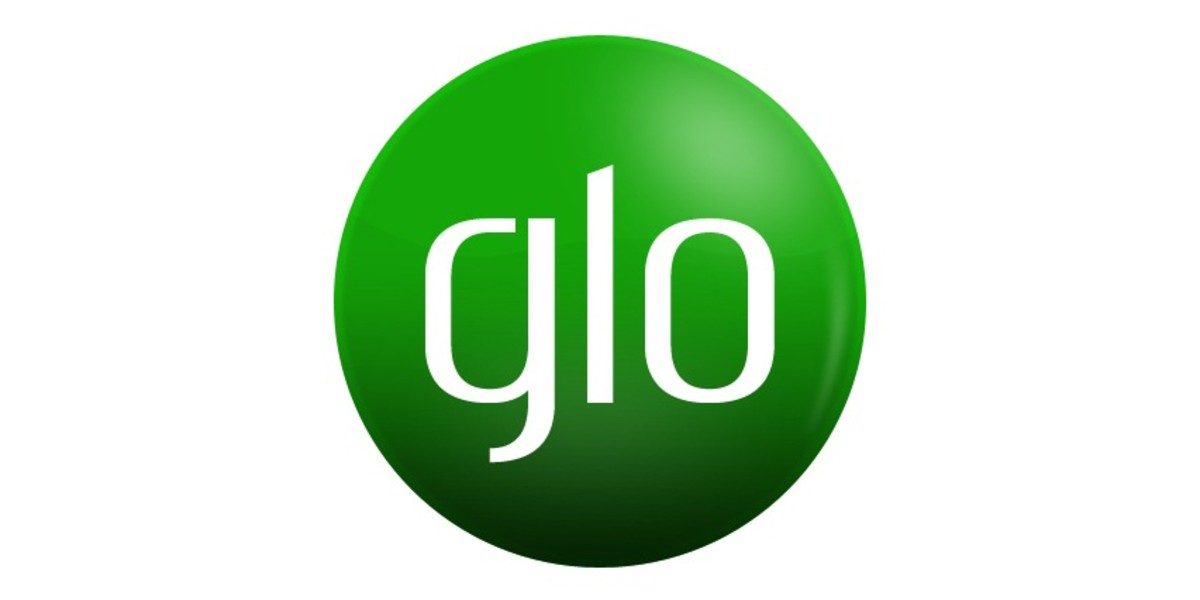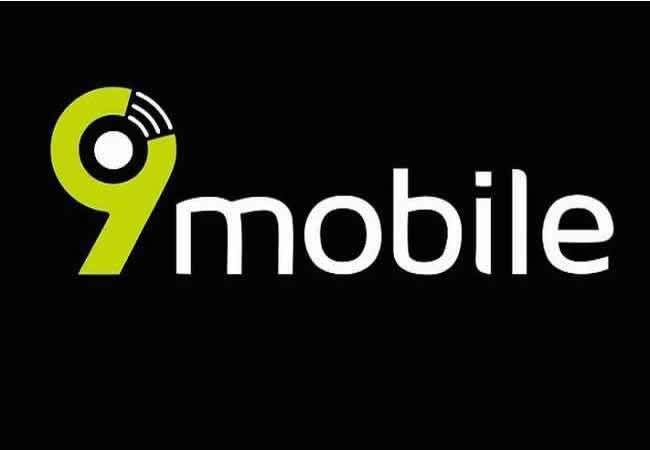Have you set your sights on becoming a marketing director? Great choice! In today’s fast-paced business environment, marketing directors play a pivotal role, pushing companies to reach new heights. This post serves as your playbook, detailing everything you’d need to know on this high-flying career path.
What Does a Marketing Director Do?
At its core, a marketing director wears many hats—strategist, leader, innovator. They lead their team to craft compelling campaigns that resonate with target audiences and drive business objectives. Their day might include:
- Developing marketing strategies that align with company goals.
- Overseeing branding, advertising, and promotional campaigns.
- Analyzing market trends to pinpoint opportunities or areas of improvement.
- Collaborating with other departments to ensure a unified approach to customer relations.
This role is dynamic and demands a fine balance of creativity and analytical prowess. It can differ depending on where you land—startups will likely have you rolling up your sleeves in varied tasks, while larger companies might focus your role on strategy and team management.
Job Outlook for Marketing Directors
With the digital landscape evolving, businesses need savvy marketing directors now more than ever. The U.S. Bureau of Labor Statistics pegs the growth of management positions in advertising, promotions, and marketing at an upbeat to increase 10% from 2020 to 2030, and there will be approximately 31,100 openings, which is higher than the national average for all occupations. That’s promising news for aspiring marketing directors!
Top Skills Required to be a Successful Marketing Director
To excel, you’ll need a mix of strong core competencies, technical skills, and soft skills:
Core Competencies:
- Leadership and Team Management – You’ll lead diverse teams, calling for a blend of motivational leadership and effective delegation.
- Strategic Planning and Analysis – Shaping the path to the future requires the ability to see the big picture and make data-driven decisions.
Technical Skills:
- Digital Marketing Tools and Analytics – A firm grasp of platforms like Google Analytics, CRM systems, and ad platforms will be critical.
- Market Research and Consumer Behavior – Insight into what makes consumers tick helps craft irresistible messages.
Soft Skills:
- Communication and Negotiation – As the link between various stakeholders, assertive communication and negotiation are key.
- Creativity and Problem-Solving – Creative flair to stand out plus problem-solving to tackle inevitable hiccups are non-negotiables.
What Salary Can You Expect as a Marketing Director?
Compensation can be quite attractive in this role. According to Glassdoor, marketing directors in the United States can expect an average base salary of roughly $107,000 per year, though this can vary widely based on experience, location, and the company’s size. Typically, you’ll find an upswing in your salary as you climb the ladder of experience.
Education Requirements to become a Marketing Director
If you’re set on this career, you’ll likely need a relevant degree. Here’s a typical pathway:
- Bachelor’s degree in marketing, business, or related field.
- MBA or Master’s in Marketing, if you’re keen on fast-tracking to the top or tackling the most competitive roles.
Courses in marketing principles, market research, consumer behavior, and business management will lay a solid foundation. Getting an MBA might seem like a steep climb, but it can be a serious game-changer in terms of opportunities and salary prospects.
Steps to Becoming a Marketing Director
Ready to climb the ranks to a marketing director position? Here’s what you need to do:
1. Building a Strong Educational Foundation
Start with a bachelor’s degree in marketing, communications, or business administration. Courses in consumer behavior, market research, advertising and PR, and digital marketing will set the stage for your marketing career.
2. Gaining Relevant Experience
You’ve got the degree—now it’s time for real-world application. Land internships, work in entry-level marketing roles, or take on projects that build your experience. Look out for roles like marketing coordinator or specialist to get your feet wet.
3. Networking and Professional Development
Mixing with peers at industry conferences, joining professional organizations, and even hanging out on LinkedIn can foster relationships that lead to opportunities. Continuous learning, through workshops or additional coursework, also lays golden eggs along your career path.
4. Mastering Marketing Tools and Technology
The digital age requires a handle on various tech tools. These could be anything from Adobe Creative Suite for content creation to Salesforce for customer relationship management. Prove that you’re agile and adaptable!
5. Obtaining Certifications and Further Education
Further certifications, such as Google’s Analytics or AdWords certifications or a Professional Certified Marketer (PCM) credential, can give you an edge. And remember, an MBA, while not a must, may grease the wheels of your ascent.
6. Building a Portfolio of Successful Campaigns
Your track record is your career currency. Compile case studies and metrics from successful campaigns to showcase your impact. Results speak volumes.
7. Applying for Leadership Roles
When the time is right, step up to apply for directorship positions. Present a polished resume that highlights strategic wins, leadership experience, and a track record of successful marketing campaigns. And prepare for interviews by keeping industry trends and innovative ideas at your fingertips.
Certifications and Additional Training
For those hungry for additional credentials, the marketing world is your oyster:
- Professional Certified Marketer (PCM)
- Google Analytics and Google Ads Certification
- Facebook Blueprint Certification
- HubSpot Marketing Software Certification
These can enhance your expertise and showcase your commitment to staying current in the field.
Frequently Asked Questions (FAQs)
- What is the typical career path for a marketing director? Start in entry-level marketing roles, work up to management, and keep learning and networking your way up.
- How long does it generally take to become a marketing director? It can take anywhere from 5 to 10 years, depending on your growth path and the experiences you gather along the way.
- Can I become a marketing director without a marketing degree? It’s possible with substantial relevant experience and perhaps additional certifications in marketing.
- How important is digital marketing experience for a marketing director role? Incredibly important—much of marketing is now played out on digital platforms.
- What is the difference between a marketing director and a chief marketing officer (CMO)? The CMO often holds a more senior role with a focus on high-level strategy and company-wide vision, while a marketing director typically focuses on operational and departmental objectives.
Final Words
Becoming a marketing director is a challenging but rewarding journey. It requires education, experience, and a never-ending appetite for learning and adaptation. If you’re set on this path, embrace the challenge, and you’ll find a stimulating career ahead that’s never short on excitement and opportunity.
Looking to advance your education or gain more experience? Consider checking out resources like the American Marketing Association for professional development or explore online courses from platforms like Coursera or LinkedIn Learning to refine your skill set.
With focus, resilience, and a passion for connecting with consumers, your potential as a marketing director knows no bounds!






Leave a Reply